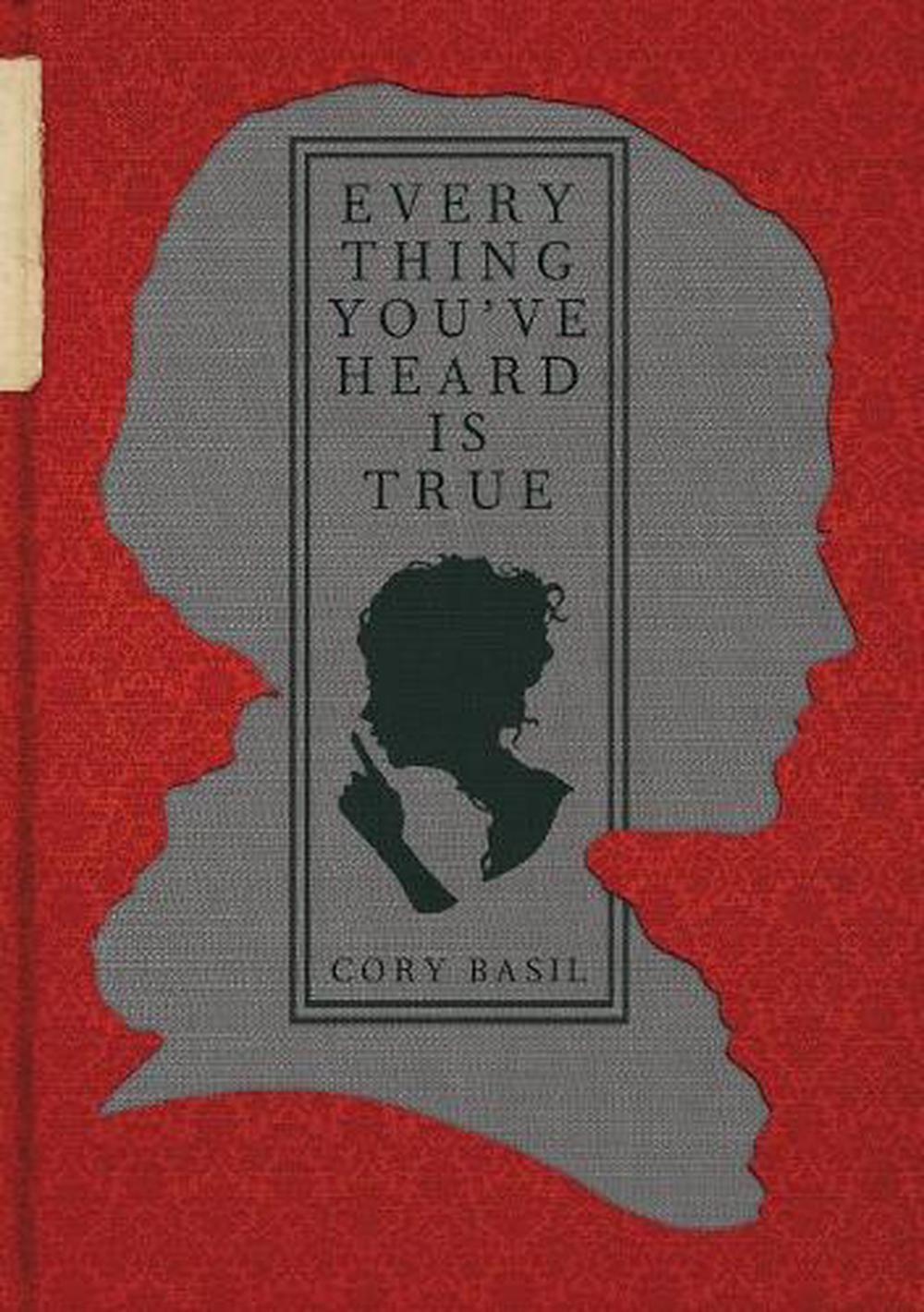

Forche spends half of her book perpetuating just how much of a fish out of water she was when she first visited El Salvador. Part of the act of bearing witness to history is knowing when to apply hindsight. Forche recounts how sacred the position of poet can be, especially in a country experiencing turmoil, as she details the history of persecution of different Salvadorian poets before Gomez brought her to the country.Īlthough her poetry after her visit served to inspire interest in the situation in El Salvador, Forche’s memoir took the time between her initial visits in the 1970s and 1980s until the present day to properly describe her experience.

The words of poets reach the heart of the people. Gomez cites throughout the book how important it is for writers to be integral in the domestic and foreign affairs of their homelands, because they are able to capture the feelings and ideas of a nation in a way that politicians, businessmen, and military leaders cannot. Poets are held in high esteem in Central American countries. Thus, Forche finds herself the unlikely recruit of Gomez to travel to the country and use her gift of language to chronicle the struggles the country underwent in the early days of Civil War.īut why someone like Forche? Both Gomez and Forche answer this question early on in the book. Translating Central American poets, like Claribel Alegria, brought her profile to the attention of Alegria’s relative, Leonel Gomez, an activist and patriot for his native El Salvador.

Her memoir, however, takes readers back to her earliest days as a writer in the 1970s. Poet Carolyn Forche served as one such witness to the beginnings of the Civil War in El Salvador, bearing witness to both atrocities and small glimmers of hope.įorche is a noted poet, known for her magnificent words, translations of foreign poets, and her work as an activist for human rights. Witnesses are often responsible for giving voice to the unrecorded events and marginalized factions that history textbooks tend to gloss over. History is written as much by the victors as it is by its witnesses. What You Have Heard is True by Carolyn Forche (Penguin Press, 2019)


 0 kommentar(er)
0 kommentar(er)
